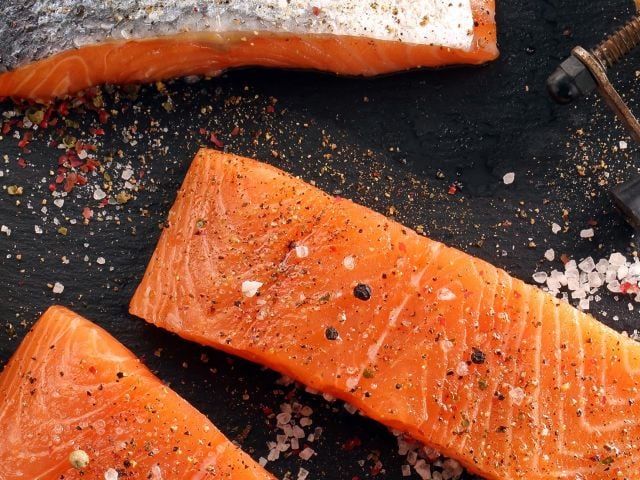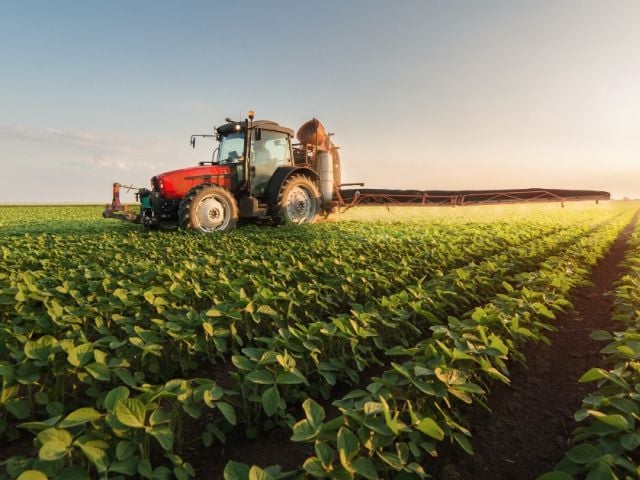High Levels of Bayer’s Weedkiller Found in Hummus, Chickpeas
Independent laboratory tests commissioned by the Environmental Working Group found glyphosate, the notorious weedkiller linked to cancer, in more than 80 percent of non-organic hummus and chickpeas...




















